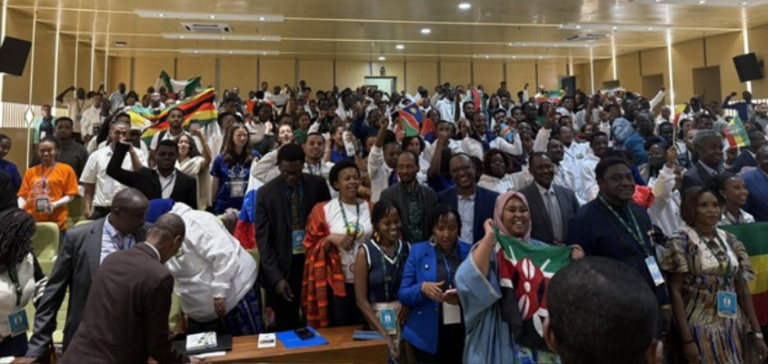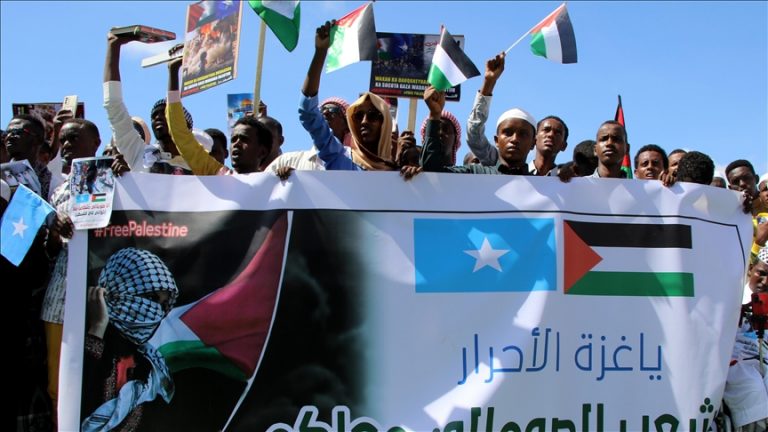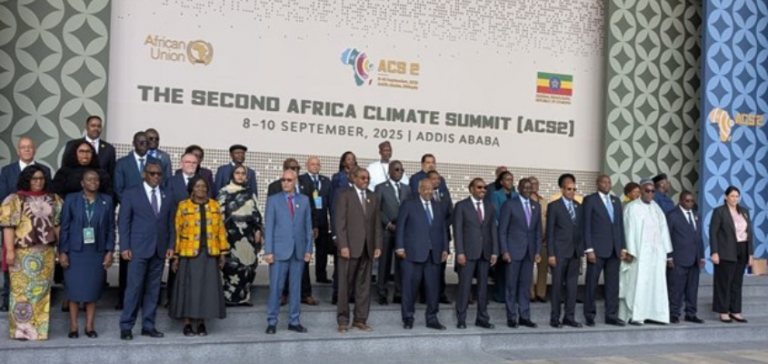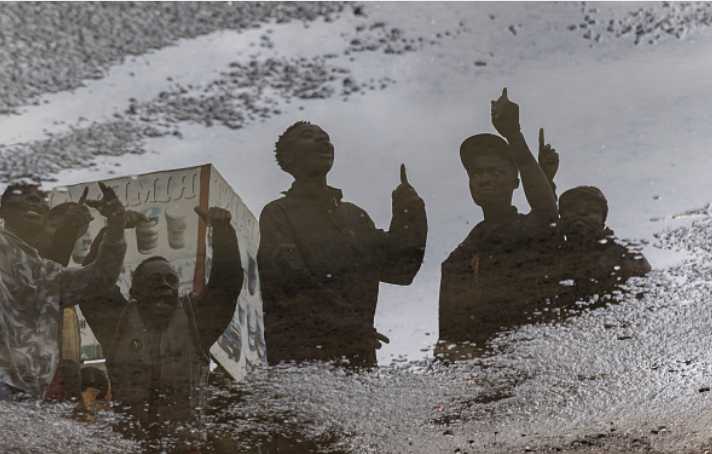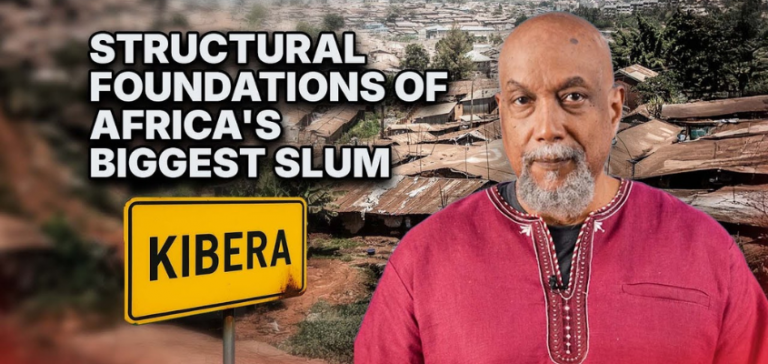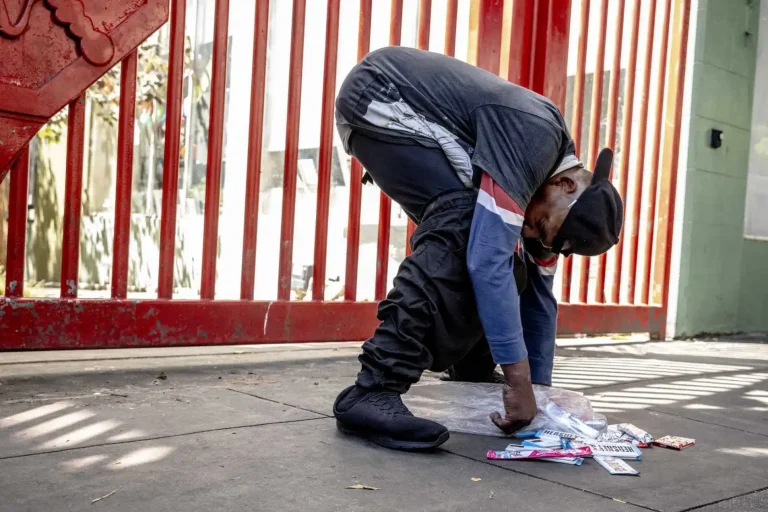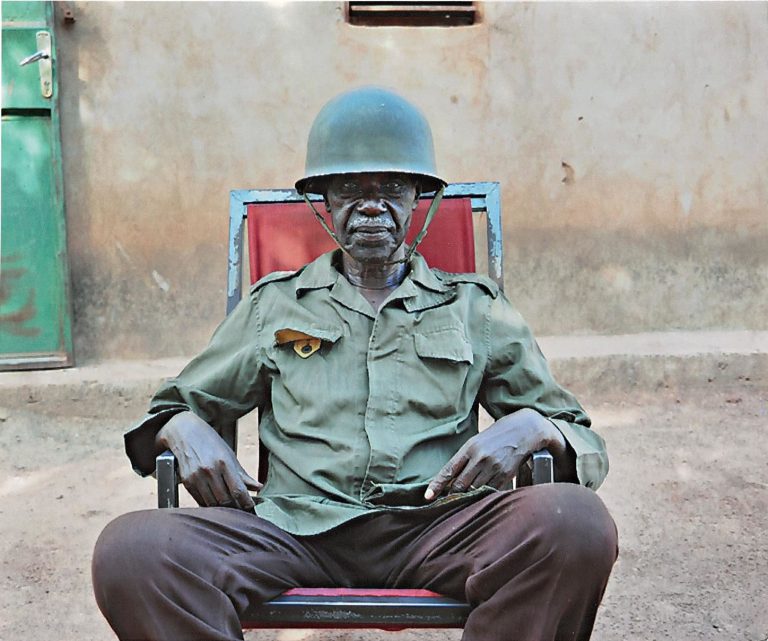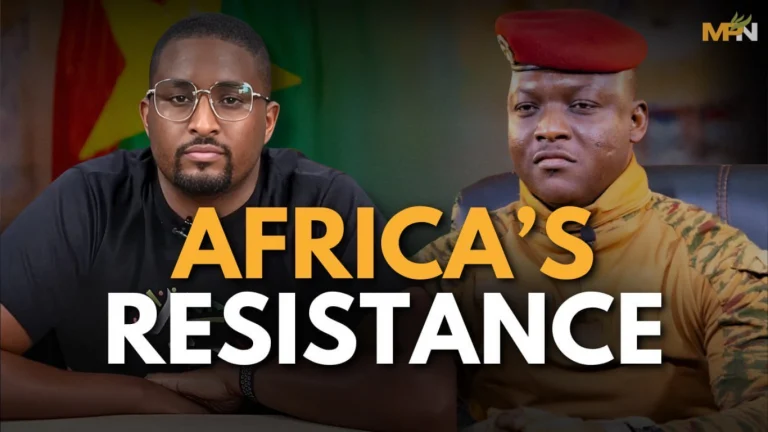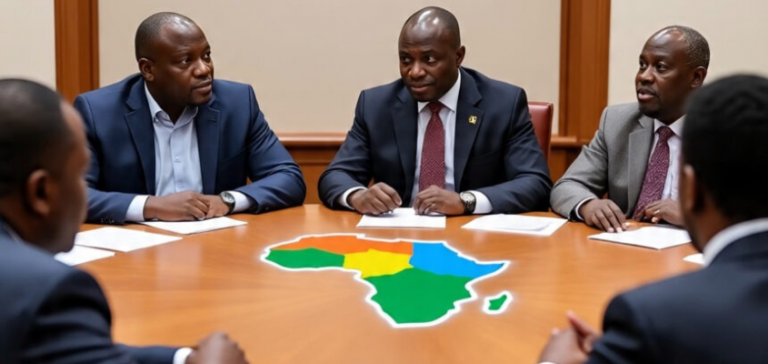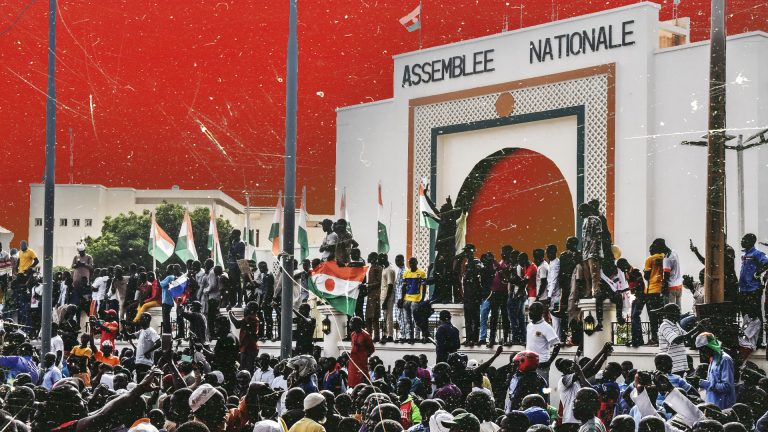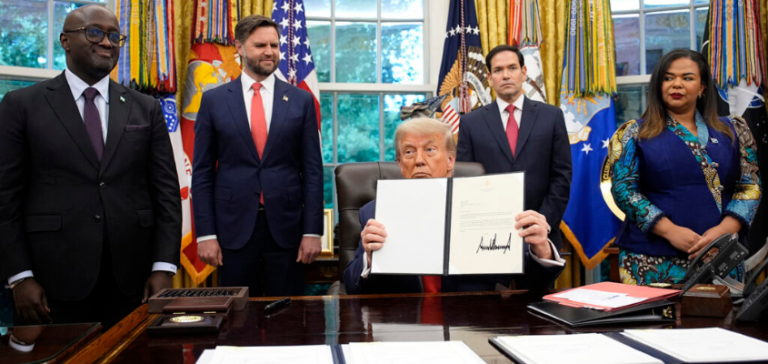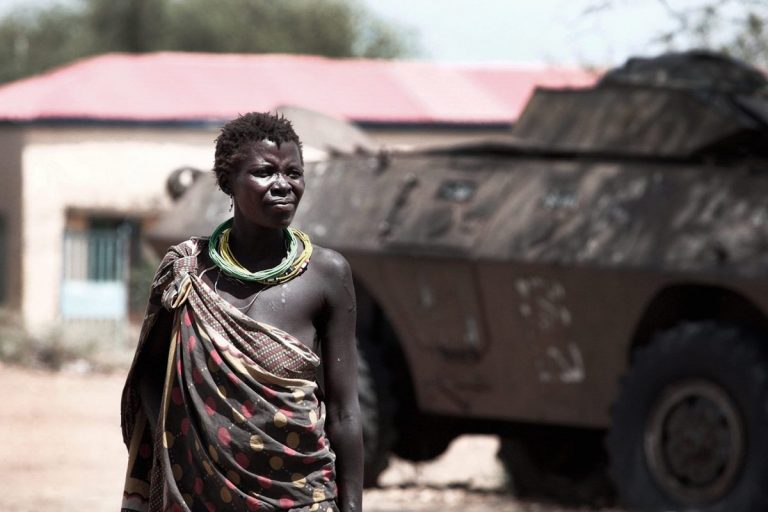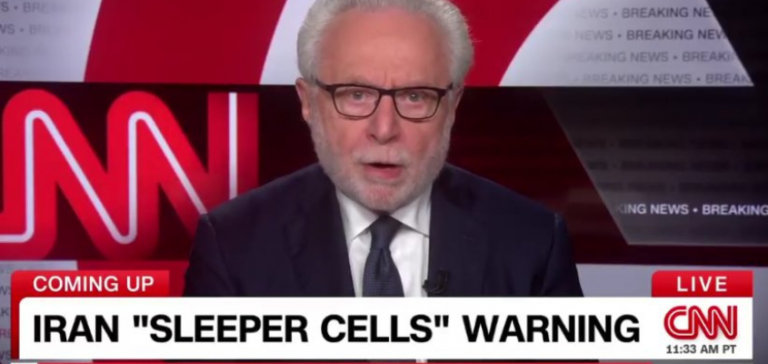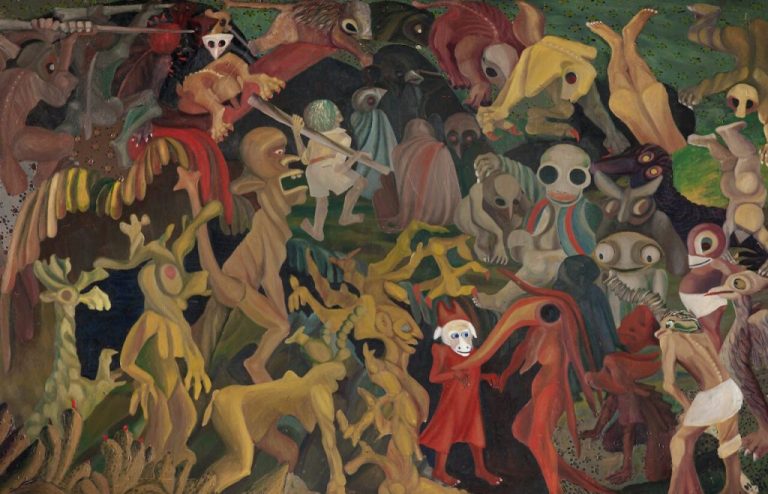Africa Climate Summit Reflections Part 2: The Youth Are Getting Restless…
Last week, my piece on the second Africa Climate Summit (ACS2) focused on the specter of a new phase of African neocolonialism, technocrats and cryptocolonizers who used the summit to promote a series of false climate solutions including, but not limited to, rendering the continent into a sink for carbon markets as a well as artificial intelligence technology. Africa, irrefutably, is the continent in possession of the most valuable natural resources in the world from its minerals, forests and biodiversity, to its people, which is why they all continue to be pillaged to fuel the engine of global racial capitalism. That said, Africa’s most precious and valuable resource is its abundance of young people.

